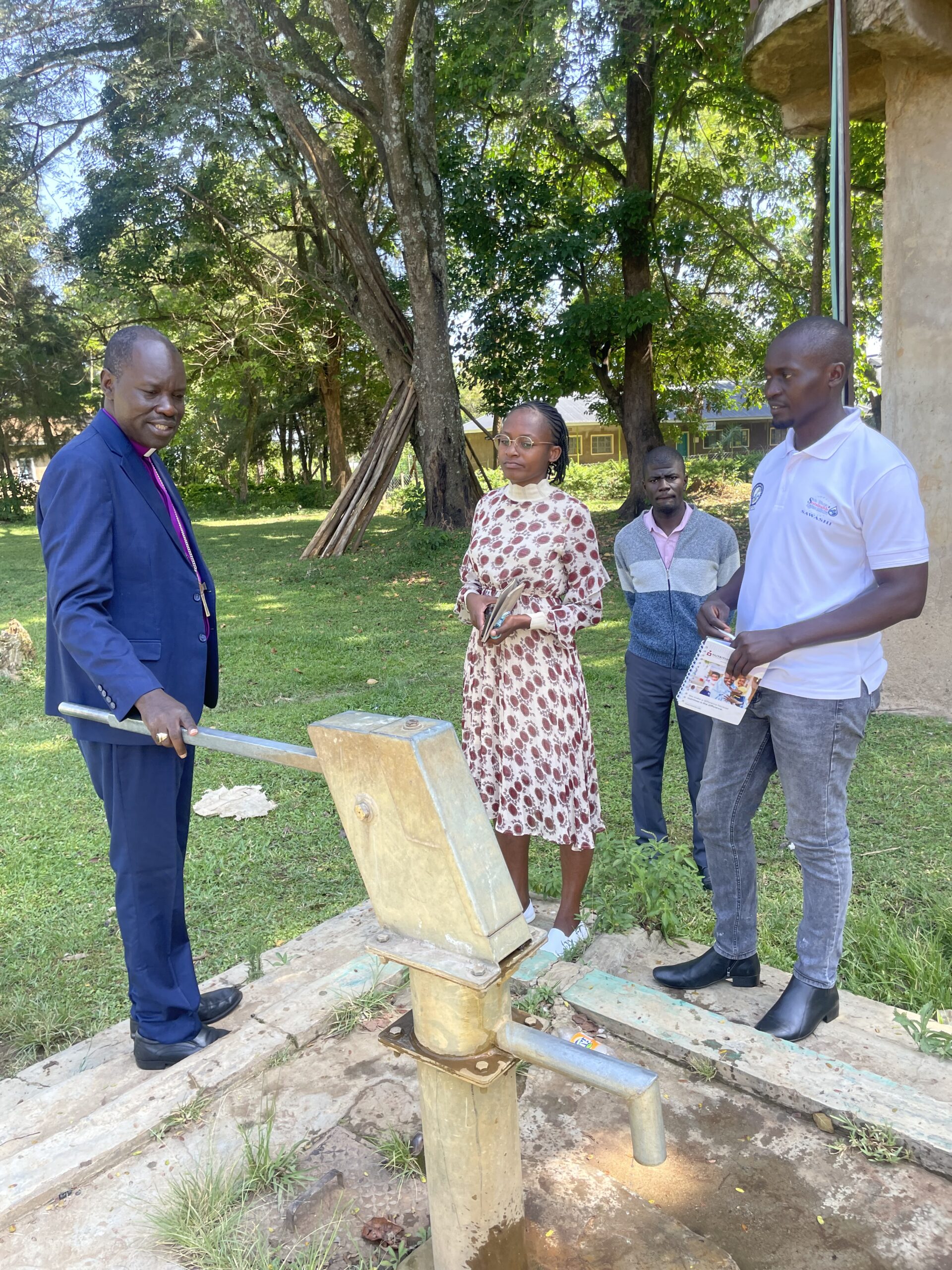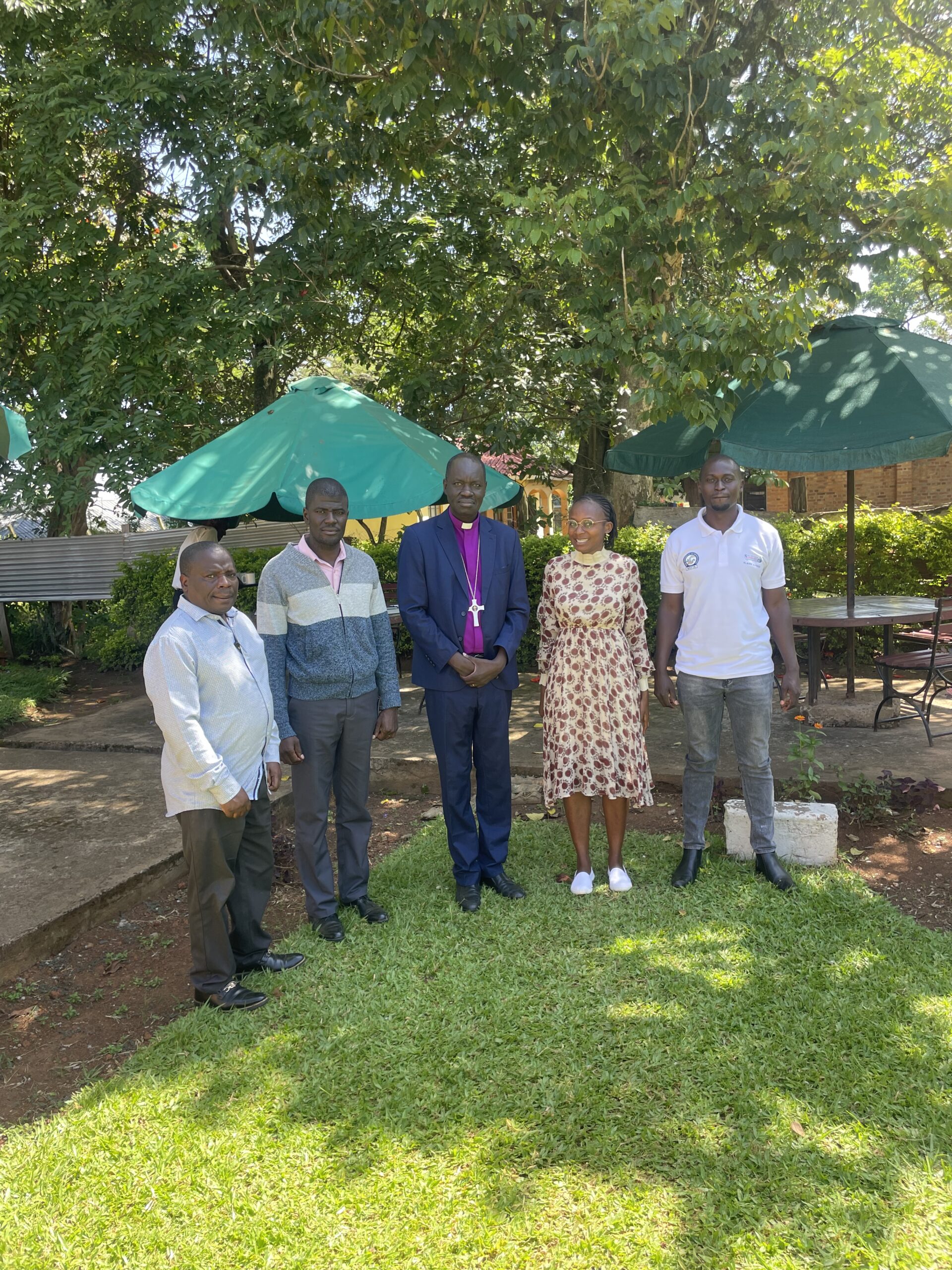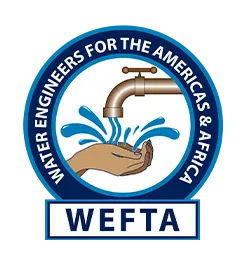
ACK Mumias Diocese Water Project
$11,251 still needed to complete this project
Total Project Cost: $27,668
Project Location: Mumias, Kakamega County, Kenya
Project & Program Background
The ACK Mumias Diocese Water Project Re-Augmentation was introduced to WEFTA by local partners, Safe Water and Sustainable Hygiene Initiative (SAWASHI) supporting underserved communities in rural Kenya. The Diocese compound relies on a shallow well for water supply, but frequent seasonal drying leaves critical programs—such as a mission primary school, the Tumaini Project for street children, and the Cathedral Church—vulnerable to water shortages.
To address these challenges, WEFTA and SAWASHI have developed a plan to establish a more reliable, sustainable water infrastructure. The new system will ensure consistent access to clean water for the Diocese community and surrounding neighbors, enhancing health, education, and social services, positively impacting over 2,500 lives.
Community Background
The Diocese headquarters in Mumias serves not only religious functions but also hosts a growing mission school and operates the Tumaini Project offering meals, showers, and care to vulnerable children. The current water system cannot meet increasing demand, especially during dry seasons, forcing reliance on unreliable sources and affecting hygiene, health, and operations.
The Cathedral Church compound also draws visitors and worshippers who need safe water access, highlighting the urgent need for system expansion to serve both internal and external community needs.
Water, Sanitation and Health (WASH) Concerns
Seasonal water shortages have heightened health risks, including outbreaks of waterborne diseases like cholera and typhoid. Limited water access undermines basic hygiene practices, impacts school attendance, and compromises care provided through outreach programs. A sustainable water supply is essential to improve WASH conditions and overall community well-being.
Proposed Project
The project will establish a sustainable water system including:
- Drilling a 100-meter-deep borehole based on local hydrogeology.
- Installing a solar-powered submersible pump and solar energy system.
- Building a 9-meter-high steel tower with a new 10,000-liter polyethylene storage tank.
- Expanding water distribution piping to serve the Diocese, school, and Cathedral compound.
- Constructing a secure water kiosk to provide access for neighboring community members.
Construction is expected to be completed within eight weeks of initiation.
Sustainability Considerations
The solar pumping system ensures low operational costs and energy independence, while high-quality materials will reduce maintenance needs. Diocese staff will be trained in system operation and maintenance, promoting community ownership and system longevity.
This project will enhance health outcomes, support educational initiatives, and strengthen outreach services, particularly benefiting women and children who are most affected by water scarcity.
Community Engagement
The Diocese and local community members will contribute labor and locally available materials to support project implementation. Their active participation will foster local ownership and ensure the sustainability of the system. The community has raised $8,000 in cash and will also contribute a total of $5,200 in in-kind support to this project.
WEFTA Volunteers
WEFTA engineers and technical volunteers will donate professional time and expertise for system design, construction oversight, and post-construction evaluation. This contribution reduces project costs and reinforces WEFTA’s commitment to building durable, community-led water solutions. WEFTA volunteers will contribute 15% of the total project cost in the form of in-kind engineering design.
If you would like additional information about this project, please contact us.
Donate to Mumias Diocese Water Project


In Kenya, more than 40%
of the population does not have access to safe water.
This project will positively impact over 2,500 lives!
Our commitment is to the long-term success of the projects we’re involved with and it doesn’t stop when construction is complete.
